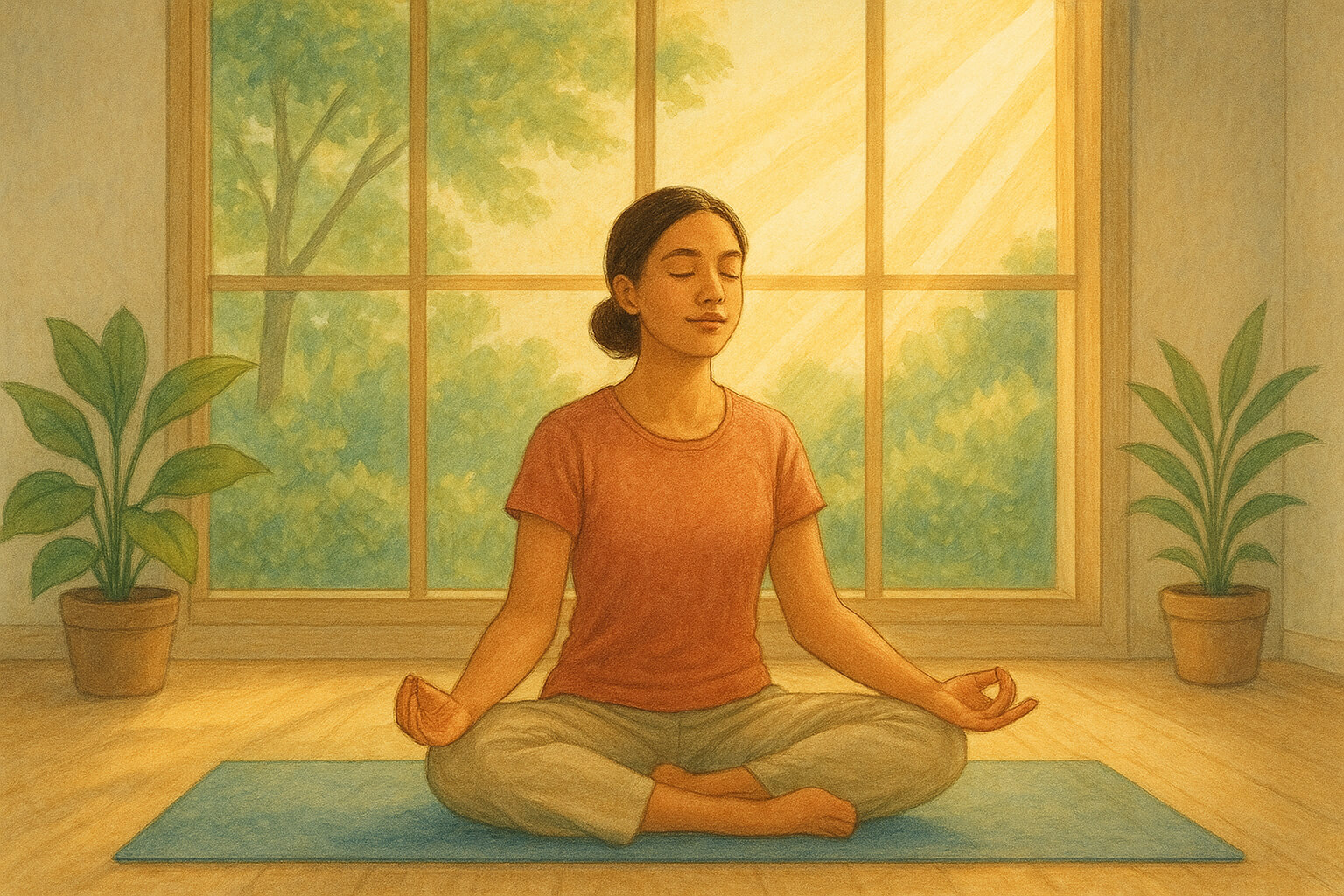September 01, 2025

Stress is a normal part of life, but when it becomes chronic or overwhelming, it can significantly affect your mental, emotional, and physical health. Whether it stems from work, relationships, finances, or everyday responsibilities, unmanaged stress can lead to burnout, anxiety, and serious health problems over time.
Fortunately, there are practical, research-supported techniques that can help you manage stress and lead a more balanced, resilient life.
Chronic stress doesn’t just leave you feeling overwhelmed—it can take a lasting toll on your body. The American Psychological Association (APA) reports that long-term stress is linked to increased risks of:
Mental and physical health are deeply connected. As explored in this article on the link between physical and mental health, managing emotional stress is essential not just for peace of mind but also for your body’s overall well-being.
Stress often manifests physically—tight muscles, headaches, shallow breathing—which is why mind-body techniques are so effective.
Exercise is one of the most effective, natural stress relievers available. Even a 20–30 minute walk can trigger the release of endorphins, your body’s feel-good chemicals.
Regular physical activity can help:
According to the CDC’s Physical Activity Guidelines, adults should aim for at least 150 minutes of moderate-intensity exercise per week.
Physical activity is also closely tied to cognitive function and stress resilience. As outlined in this article on the link between nutrition and learning, a healthy body supports a healthy mind.
Stress often feels worse when you're isolated. Human connection can act as a powerful emotional buffer.
Support networks, both formal and informal, play a crucial role in well-being. This is highlighted in this article on community health initiatives, where programs often integrate group support into stress-reduction efforts.
Sometimes, managing stress comes down to adjusting everyday habits that contribute to the buildup of pressure.
Stress is unavoidable—but how we respond to it is entirely within our control. Through small, consistent efforts—like mindful breathing, physical activity, proper rest, and connecting with others—you can build resilience and reclaim a sense of calm and balance.
The goal isn't to eliminate stress completely, but to develop the tools and awareness needed to cope effectively, adapt to life’s challenges, and protect your long-term well-being.
For more articles on health, balance, and personal growth, visit this wellness blog section.
“Almost everything will work again if you unplug it for a few minutes… including you.” – Anne Lamott
Stay up to date with the latest tips, expert insights, product reviews, and step-by-step guides to help you grow, create, and succeed—no matter your industry or passion.